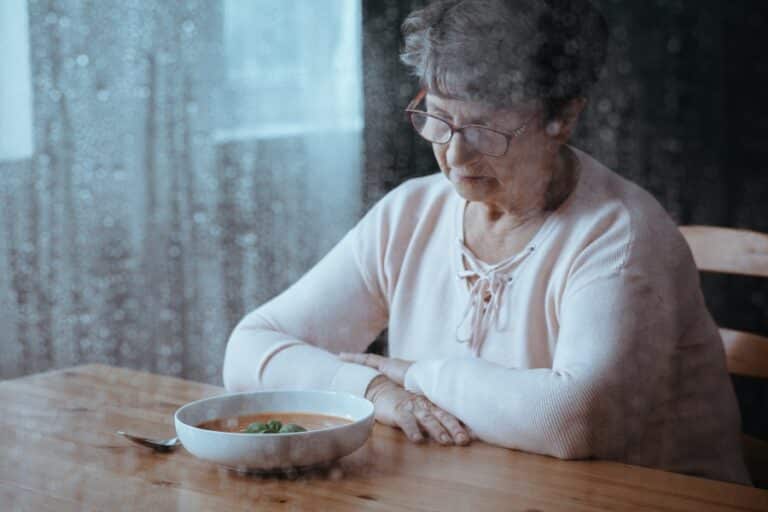When you think of hoarding you may not think about food hoarding. This is a behavior some seniors may engage in as they get older because they fear having no food. Food hoarding is what happens when a senior collects, stores, and steals food. This food may not be needed or it could be bad. However, this may not matter to them, they just want to see it in their fridge and they want to know they have food in the house. This can go beyond needing to see food in the pantry and fridge; it can be an obsession that wreaks havoc on their thoughts and impacts their life on unexpected days. Here is how in-home care can help with food hoarding.
Understanding The Impacts of Hoarding
Unfortunately, this is a behavior that can be extremely damaging to your loved one’s health and it is not a good sign if they want to age in place. Even with in-home care a senior may still have some of these habits that are compulsive behaviors. If a senior tries to consume old food that is long expired it could lead to them getting food poisoning or worse. A senior may get sick easier and their bodies may have a harder time fighting off bacteria which is why old food can be deadly for a senior. They should not be keeping old food and in-home care can help encourage your loved one to throw away anything that is expired but it may take some time to get your loved one comfortable with throwing food away.
If your loved one doesn’t want to waste food, in-home care can help them prepare meals throughout the week that use the food in their fridge and pantries. When they have help with fresh meals your loved one may realize they are not wasting food, but by hoarding it is more likely to go bad and that will mean more waste. In-home care can help your loved one limit food waste and always feel secure with a full pantry.
In-Home Care Can Help Look for Signs
One of the main things to look for is a senior who is buying bulk foods or things in a surplus they may not need. To get these items they may spend extra money or try to clip tons of coupons to get unnecessary items. A senior may also go to the sections of the store where they can find discounted products and they buy them all, unfortunately this means they may also go bad earlier. These are just some of the signs that a senior is hoarding foods and in-home care can help them.
Figuring Out How to Treat Food Hoarding
In-home care can start by observing what a senior has in their fridge and pantry and they can help see if there is expired food or an unusual amount of food that’s gone bad. The best thing a senior can do is learn to break the habits and find security in other ways. They may also need to realize that food hoarding will lead to more waste. If a senior is having trouble breaking these thought patterns they may need to attend therapy.
If you or an aging loved one are considering in-home care in Coppell, TX, please contact the caring staff at Ray of Sunshine Senior Care today! (940) 310-3105
Ray of Sunshine Senior Care Provides Senior Home Care Services in Denton, Lewisville, Gainesville, Keller, Grapevine, Coppell, Carrollton, Southlake, Valley View, Aubrey, Frisco, Corinth, Argyle, Roanoke, Counties: Denton County, Tarrant County, Collin County, and surrounding areas.
At the same time, she and her husband were faced with the care of his father on the west coast which presented the unique challenges of long-distance care. These events led to a crash course in the senior care industry and her unending dedication to helping seniors and families in similar circumstances. When not working Cynthia enjoys cooking, gardening and traveling with a focus on visiting State and National Parks.
- Home Care Supports Activities of Daily Living for Seniors - July 26, 2024
- Meal Tips while Caring for Your Senior with Alzheimer’s - July 10, 2024
- Why Social Interaction and Companionship Are Important for Seniors - June 18, 2024


